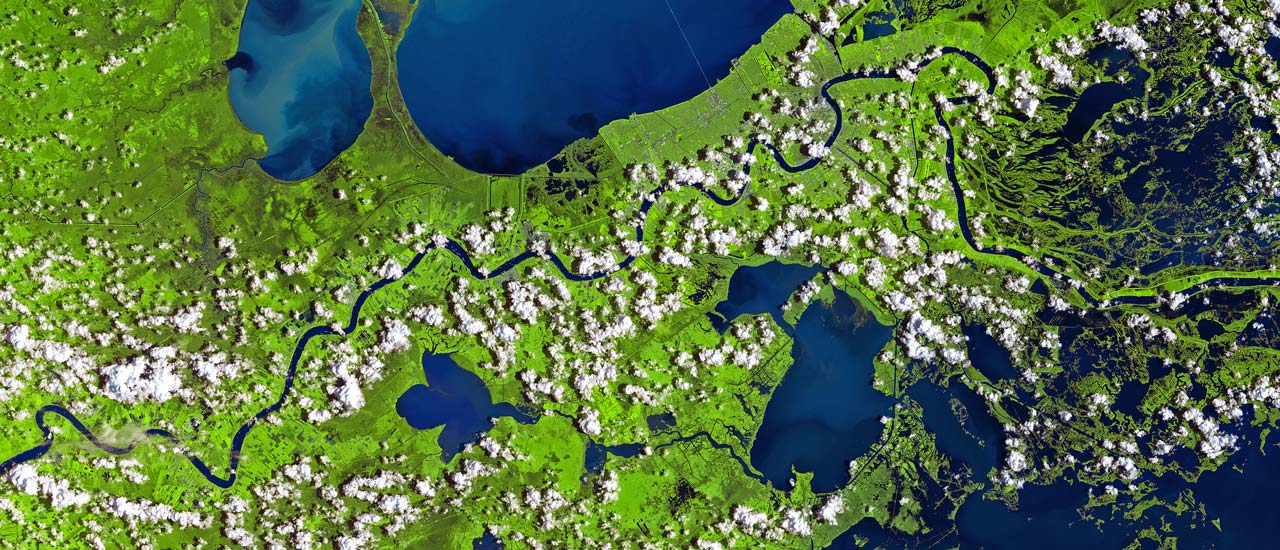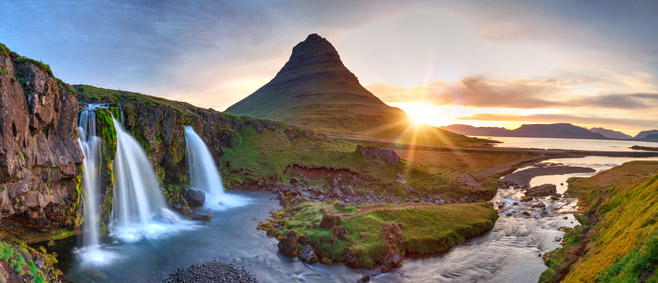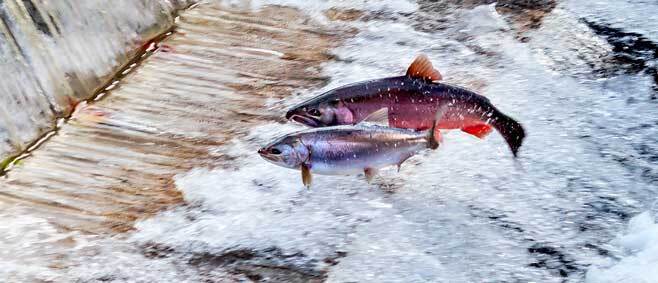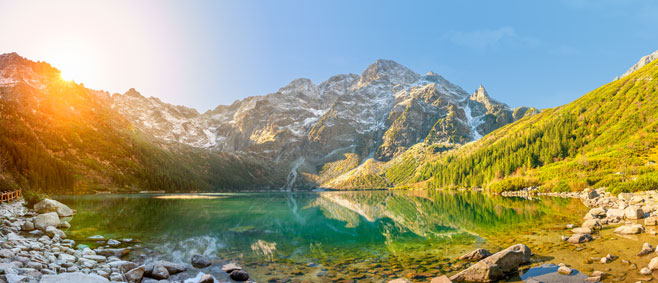Curriculum
The online coursework in Oregon State’s M.S. in Geography and Geospatial Science program is shaped by three areas of faculty expertise:
- Global change, risk and resilience — Understand and predict how environmental processes such as climate change influence human risk and vulnerability, as well as how social processes such as resource consumption affect justice, equity and the environment.
- Earth system science — Study how biogeographic, physical, ecological, chemical and human spheres interact, as well as how these connected components are dynamically changing across time and space.
- Geospatial modeling and analysis — Explore the theory, application and ethical implications of geospatial technologies such as remote sensing, geographic information systems (GIS) and data visualization.
Degree requirements
A total of 45 quarter credits are required to graduate with your master’s degree in geography and geospatial science. Degree requirements and curriculum information are available on Oregon State's academic catalog.
Sample course topics
- History and philosophy of geography
- Geographic information science
- Geospatial perspectives on intelligence, security and ethics
- Problem formulation in geography and geospatial science
- Remote sensing and satellite image analysis
- Web mapping and geovisual analytics
- Geospatial analysis and applications
- Programming for geospatial analysis
- Planning principles and practices for resilient communities
- Resilience-based natural resource management
- Climate change impacts, adaptation, and vulnerability
- Hydrology for water resources management
Additional program features
Capstone project
Rather than complete a thesis, you'll take part in a rigorous capstone project that requires you to apply the skills and knowledge you’ve gained throughout the program to a focus area of your choosing in consultation with your faculty advisor.
Important dates
These are the start dates for OSU’s next two terms. However, this program only admits for fall, winter and spring terms.
See our academic calendar for our full quarter term schedule.
Degree quick facts
* Oregon State University is on a quarter-term system. There are four quarters each year and classes are 11 weeks long. This program's 45 quarter credits are equal to 30 semester credits.
† Based on current tuition rates. No additional charge for nonresident students. Does not include course materials and associated fees and expenses.
‡ You can complete all or nearly all requirements of this program online. View the curriculum.
Find application deadline
View required or recommended deadlines for your student type on our application deadlines page.
Ready to apply?
Once you've gathered the information you need to know before you apply to Oregon State University, take the next steps.





